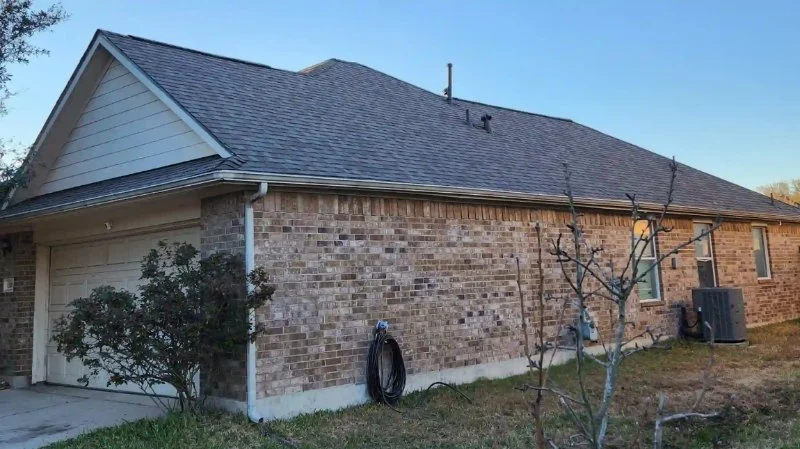
- 1 - What Are Roof Warranties?
- 2 - Types of Roof Warranties
- 3 - What Does a Roof Warranty Cover?
- 4 - How to Choose the Right Roof Warranty
- 5 - Tips for Maximizing Your Roof Warranty
- 6 - Common Mistakes to Avoid with Roof Warranties
1 - What Are Roof Warranties?
Roof warranties are essential contracts that protect homeowners from unexpected roofing issues. They offer peace of mind by covering repair or replacement costs in case the roof fails prematurely. Understanding roof warranties is crucial for homeowners to ensure their investment is protected. In this guide, we’ll explain everything you need to know about roof warranties, including the types, coverage, and tips on selecting the best option for your home.

Christensen & McLean Roofing / christensen & mclean roofing
16173 132 Ave NW, Edmonton, AB T5V 1H7, Canada
2 - Types of Roof Warranties
Roof warranties come in various types, each providing different levels of coverage. It’s important to understand these differences so you can select the warranty that best suits your needs.

Lansard Bros Roofing Ltd / lansard roofing
50 Don Valley Pkwy, Sunnyside, MB R5R 0C9, Canada
1. Manufacturer’s Warranty
Also known as the material warranty, this type of warranty covers defects in the roofing materials used to construct your roof. The length of coverage can vary, but it generally lasts from 20 to 50 years, depending on the brand and quality of the materials. It's essential to review the fine print to understand what specific defects are covered.
2. Contractor’s Warranty
A contractor’s warranty typically covers the workmanship of the roof installation. If there are issues due to improper installation or poor craftsmanship, this warranty will typically cover repair costs. Contractor’s warranties are usually shorter, lasting between 1 to 10 years, depending on the contractor.
3. Extended Warranty
Extended warranties combine both manufacturer and contractor warranties, providing more comprehensive coverage. These warranties usually come at an additional cost but can be a valuable investment for homeowners seeking longer protection. They often cover both the materials and the installation, offering greater peace of mind.
3 - What Does a Roof Warranty Cover?
Roof warranties provide different levels of coverage, which is crucial to understand when purchasing a warranty. Typically, a roof warranty will cover:
1. Material Defects
Most manufacturer warranties cover defects in the roofing materials. This means if the shingles or tiles crack, curl, or fade prematurely, the manufacturer will replace them without additional costs to you.
2. Workmanship Issues
Contractor warranties cover issues resulting from poor installation, such as leaks caused by improper sealing or flashing. These issues are typically discovered early, which is why a contractor’s warranty is essential for new roof installations.
3. Leaks
In many cases, both the manufacturer and contractor warranties will cover leaks caused by defective materials or poor installation. Leaks can lead to significant damage to the interior of your home, so timely repairs are vital to prevent further complications.
4. Roof Replacement
Some extended warranties may cover the complete replacement of your roof if it fails within a specified period. This is more common in warranties for high-end roofing materials like metal or slate.
4 - How to Choose the Right Roof Warranty
Selecting the right roof warranty involves evaluating several factors. Below are some things to consider before making your decision:
1. Roof Material
Different roof materials come with different warranties. Asphalt shingles, for example, typically come with a 20-30 year warranty, while slate or metal roofs might offer warranties lasting up to 50 years. Understand the longevity of the material you’re using and choose a warranty that aligns with that.
2. Warranty Duration
Consider how long you plan to stay in your home. If you're planning to sell soon, a shorter warranty might suffice. However, if you're staying for the long term, you might want to invest in a more extended warranty for extra coverage and peace of mind.
3. Transferability
If you're planning to sell your home, look for a warranty that is transferable to new owners. This could be a great selling point, as new buyers will appreciate the protection the warranty offers. Check the terms of the warranty to ensure it can be transferred.
4. Exclusions and Limitations
Read the fine print! Most warranties come with exclusions and limitations, so it’s essential to know what isn’t covered. For example, damage from extreme weather conditions or neglect may not be covered, so understanding these limitations can prevent surprises down the road.
5 - Tips for Maximizing Your Roof Warranty
To get the most out of your roof warranty, follow these tips:
1. Perform Regular Inspections
Many warranties require regular maintenance or inspections to remain valid. Having your roof inspected annually can catch problems early, ensuring that any necessary repairs are covered under warranty.
2. Keep Documentation
Maintain records of your roof installation, any repairs, and communications with contractors or manufacturers. This documentation will be essential if you need to file a warranty claim.
3. Address Issues Promptly
If you notice any damage or signs of wear, address them immediately. Delaying repairs could result in damage that’s not covered by your warranty. Early intervention is key to keeping your warranty valid.
6 - Common Mistakes to Avoid with Roof Warranties
There are several common mistakes homeowners make when dealing with roof warranties. Avoiding these mistakes can save you money and frustration:
1. Not Reading the Fine Print
Many homeowners don’t thoroughly read their roof warranty’s terms and conditions. This can lead to unexpected issues when trying to make a claim. Always understand what is covered and what isn’t before agreeing to a warranty.
2. Neglecting Regular Maintenance
Neglecting routine maintenance can void your roof warranty. Regularly cleaning gutters, inspecting the roof, and addressing minor issues can ensure the warranty remains valid and protect your investment in the long run.
3. Forgetting About Transferability
If you plan to sell your home, ensure that the roof warranty is transferable. Some warranties are not automatically transferable, and you may need to take specific steps to ensure the new homeowners benefit from it.

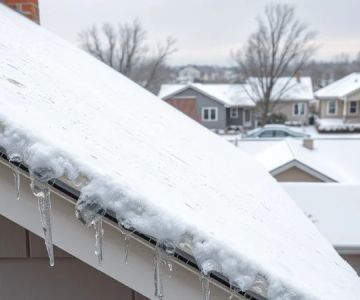
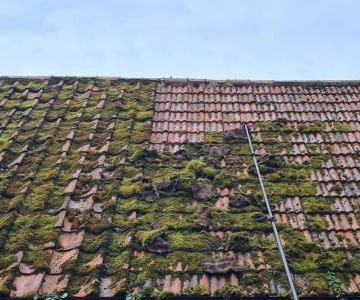
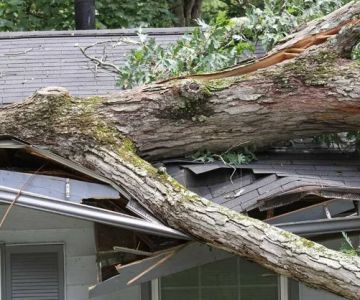
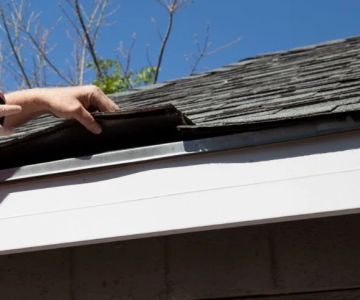
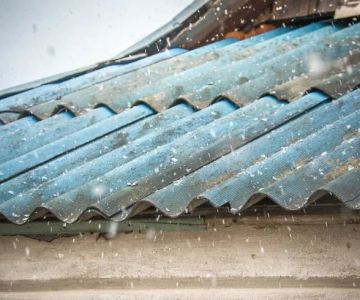

 Best Flat Roof Inc5.0 (5 reviews)
Best Flat Roof Inc5.0 (5 reviews) Vitaroofs International Inc.0.0 (0 reviews)
Vitaroofs International Inc.0.0 (0 reviews)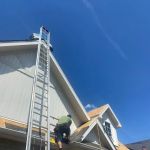 Roof & Insulation Expert0.0 (0 reviews)
Roof & Insulation Expert0.0 (0 reviews)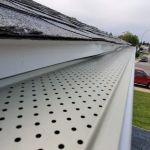 Go2Guys4.0 (156 reviews)
Go2Guys4.0 (156 reviews) Toitures Steeve Arbour4.0 (27 reviews)
Toitures Steeve Arbour4.0 (27 reviews) Rainer’s Siding and Roofing4.0 (51 reviews)
Rainer’s Siding and Roofing4.0 (51 reviews) How Much Does a New Roof Cost in 2025? Canadian Roofing Price Guide
How Much Does a New Roof Cost in 2025? Canadian Roofing Price Guide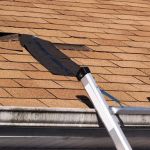 Top Signs Your Roof Has a Leak and What to Do About It in Canada
Top Signs Your Roof Has a Leak and What to Do About It in Canada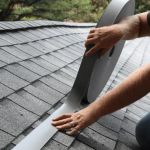 Can You Install a New Roof Over an Old One in Canada?
Can You Install a New Roof Over an Old One in Canada? The Top Questions to Ask Before Hiring a Roofer in Canada
The Top Questions to Ask Before Hiring a Roofer in Canada What Are the Most Common Roofing Scams and How to Avoid Them in Canada
What Are the Most Common Roofing Scams and How to Avoid Them in Canada How to Prepare Your Home for a Roofing Project in Canada
How to Prepare Your Home for a Roofing Project in Canada